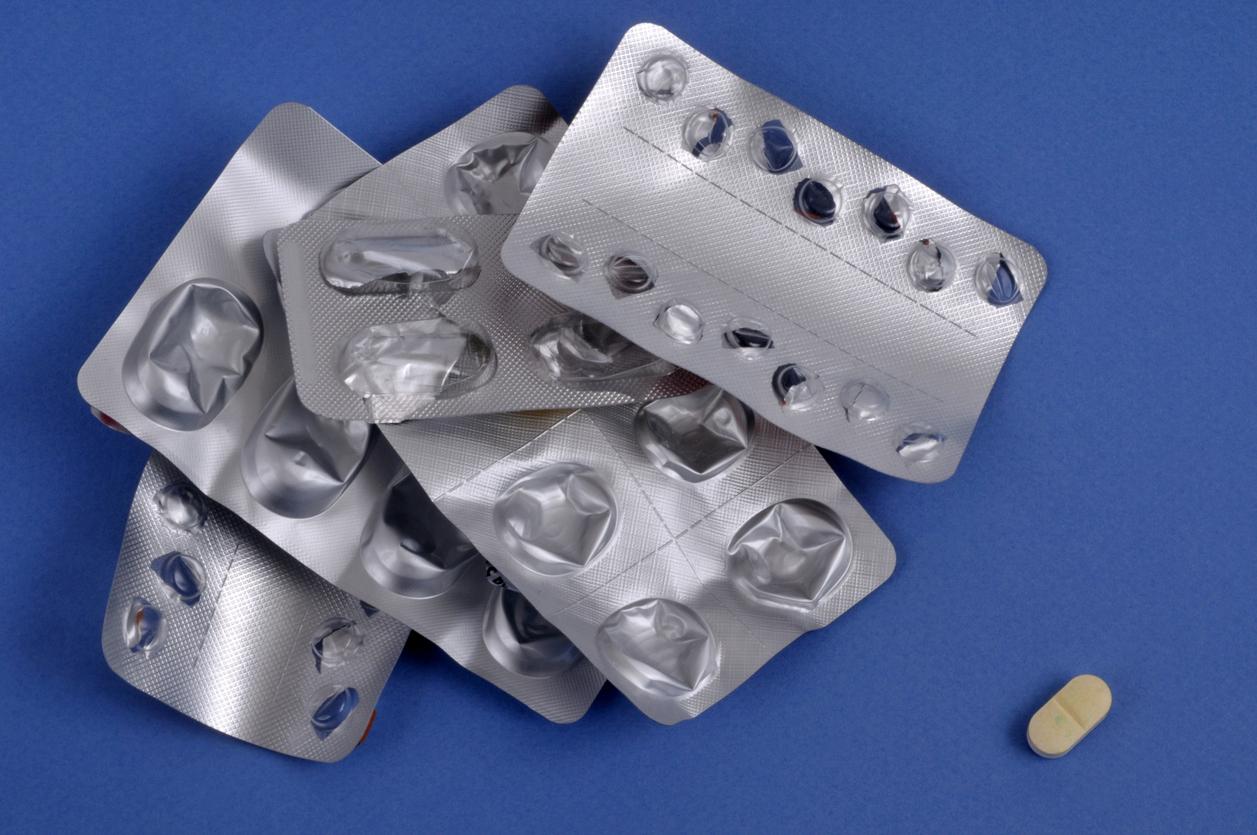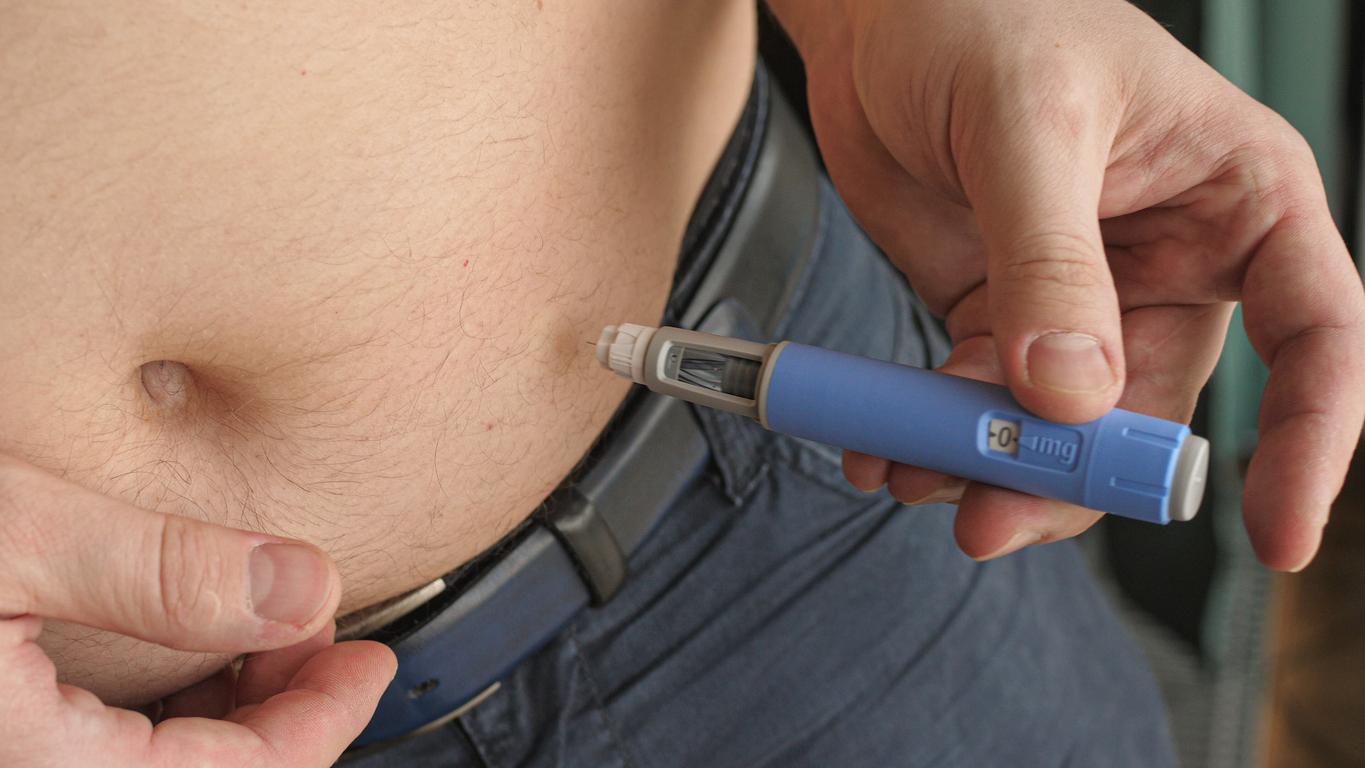The ANSM has notably approved the exclusive supply of pharmacies by wholesale distributors for certain pediatric drugs.

- 4,925 reports of stockouts and risks of shortages were made in 2023, an increase of 30.9% compared to 2022 and 128% compared to 2021.
- All medicines are affected by these shortages, although cardiovascular treatments, anti-infectives and anti-cancer drugs are particularly lacking.
- In order to combat this phenomenon this winter, the ANSM has developed a new action plan.
In a press release, ANSM announced its winter plan to combat the drug shortages that France has been suffering from for several years.
Drug shortage: what measures has the ANSM taken?
“On July 11, we brought together all of our stakeholders to share feedback from the 2023-2024 winter plan and jointly identify areas for improvement in order to strengthen its effectiveness during the next season,” public health experts say. “These actions aim to optimize our collective capacity to manage the coverage of major winter medication needs for patients,” they add.
They have thus confirmed the exclusive supply of pharmacies by wholesale distributors for pediatric drugs based on amoxicillin and amoxicillin/clavulanic acid.
“This measure ensures a fair distribution of the drugs concerned across French territory,” explains the ANSM. “This transitional measure is already in place and will be reassessed in the autumn. It is fully in line with the objectives of the charter of commitment of the players in the medicine chain. Due to the specificities of the supply chain, the overseas departments and regions are not affected by this measure”, she specifies.
“The mobilization of all stakeholders in the drug chain is essential to ensure equitable availability of drugs across the country and to avoid disparities in the event of supply tensions,” the health agency emphasizes. “It is particularly essential that laboratories succeed in strengthening their production and supply capacities,” she adds.
Drug shortage: a growing phenomenon
4,925 reports of stockouts and risks of shortages were made in 2023, an increase of 30.9% compared to 2022 and 128% compared to 2021.
All medicines are affected by these shortages, although cardiovascular treatments, anti-infectives and anti-cancer drugs are particularly lacking.
“According to a study we commissioned, pharmacists now spend an average of twelve hours a week dealing with shortages, between searching for boxes, calling laboratories, wholesalers, colleagues… A third of their time wasted,” explained recently in point Pierre Olivier Variot, pharmacist in Plombières-lès-Dijon (Côte-d’Or) and president of the Union of Community Pharmacists’ Unions (Uspo).

















